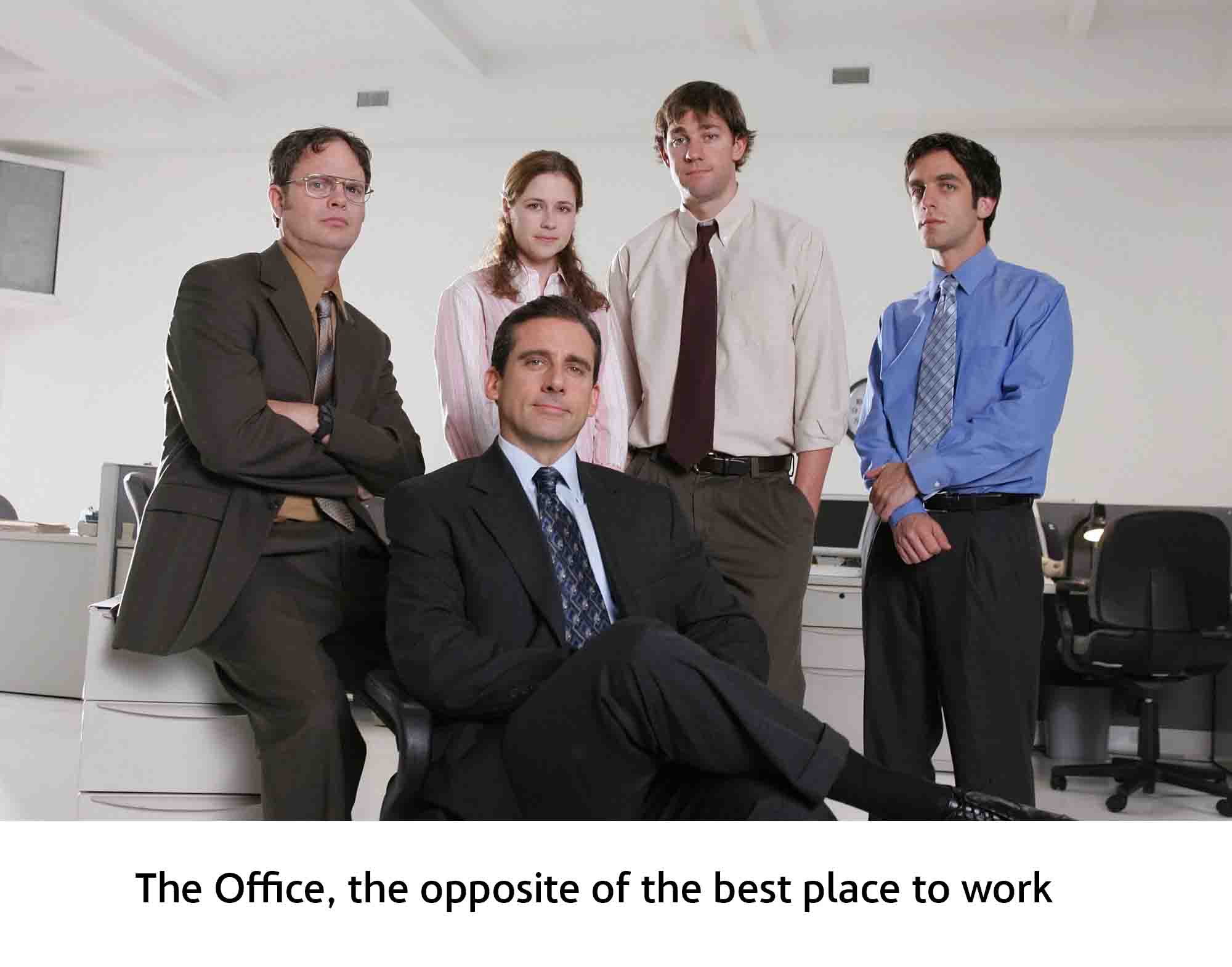A good leader is charismatic and empathetic, knows (and is willing) to put himself in the place of his employees, to be aware of their needs. He is a motivator, because he is in charge of promoting the professional career of his team, knowing their goals. And he is human, because he considers himself as one of the group, sharing decisions, failures and success.
We are asking for a flexible organisational culture
Before employees, they are people. A maxim that at first glance seems simple, but which requires an ethical effort on the part of organisations. The time when we were parts of an assembly line is over, and a healthy annual balance sheet implies healthy employees.
Occupational health has many aspects, but a major one is how work is complemented by everything outside of it. Support programmes of various kinds, flexible working hours, encouragement of sport and group activities, counselling and planning… all feasible options for one cause, the personal needs of each employee.
Mutual commitment towards growth
Another aspect of professional health is employee growth within the organisation. A quid pro quo between the professional and his or her supervisors. The employer must know how to enrich his employees, or rather their skills, by offering specialised training, internal promotion possibilities or mentoring of other professionals.
Of course, the employee has to respond with results, but it has been proven that by satisfying self-fulfilment and the recognition of others, people are more efficient. They like to be taken seriously, to be listened to and to be given the opportunity to excel.
Global and local diversity within the best companies to work for
Diversity and inclusion in the workplace achieve amazing results for a company and for society. Beyond demographic and cultural characteristics, diversity should be seen as a dual opportunity.
On the one hand, in order to have real company policies, reflecting the firm’s vocation to pursue social inclusion (yes, this is also sustainability). On the other hand, by promoting synergies within work groups. If everyone has the same knowledge, skills or ideas, it doesn’t add up, but a truly diverse team does multiply.
A real case of good practices
As a company expert in designing a better planet, ACCIONA has received this month the recognition as Top Employer, a certificate that is issued to companies that have become the best companies to work for.
Top Employers measures six factors to decide whether to award the certificate or not, and these factors coincide to a great extent with those described in the article: sustainability, leadership, training… It has already certified more than 1,600 companies in 120 countries on five continents.
We already know that employees have a voice
And it’s time to listen to it. Companies most concerned with attracting and retaining talent have already realised the importance of their employees’ opinions. Now they need to take good notice and act accordingly.
Sources: Stringcaninteractive, HBR
